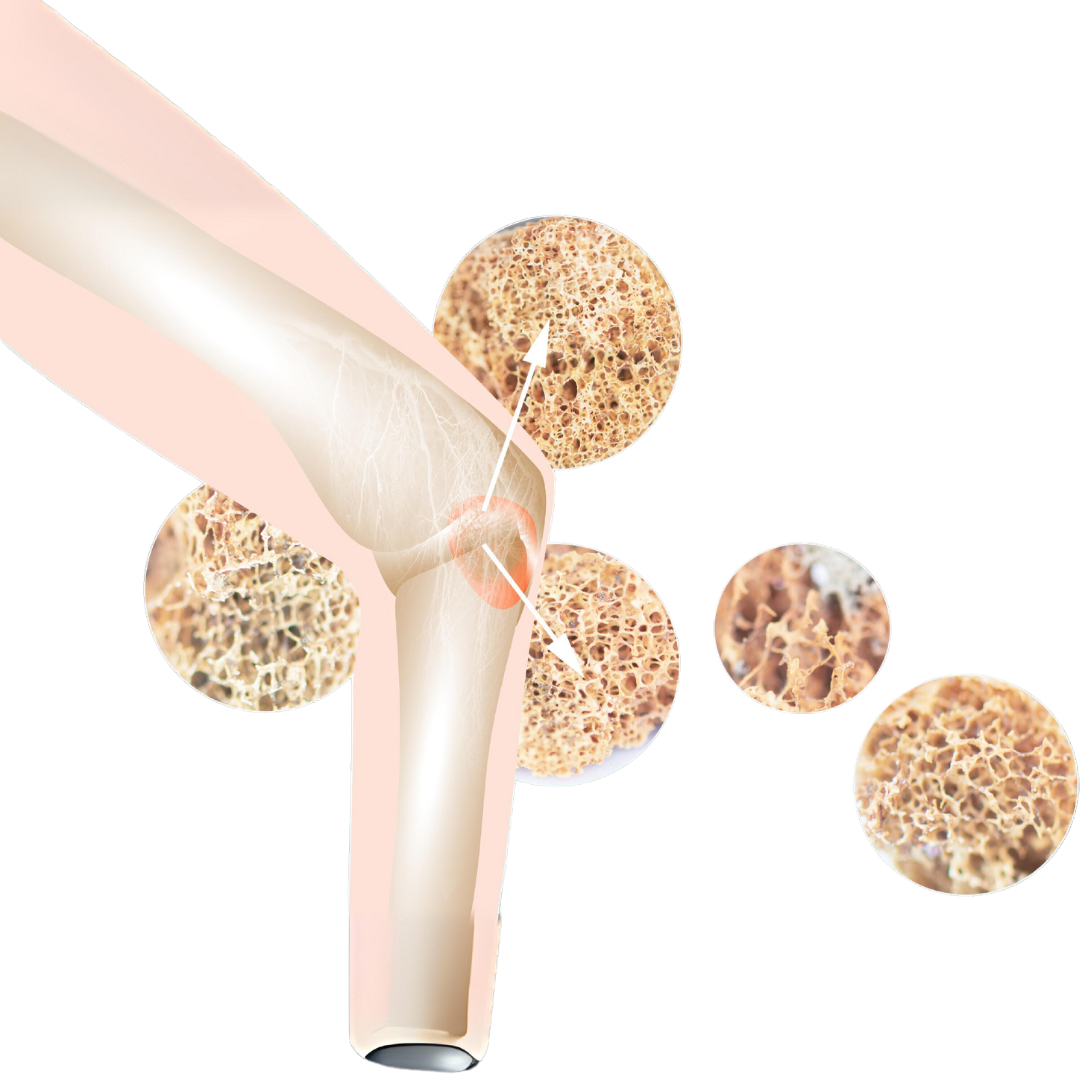Comprehensive Care for Head & Neck Cancer at Advanced Oncology Clinics

Recognizing Symptoms & Signs of Head & Neck Cancer
Persistent Sore Throat:
Difficulty Swallowing
Voice Changes
Swollen Lymph Nodes
Mouth Ulcers
Nasal Congestion or Nosebleeds:
Ear Pain
Diagnosis & Staging of Eye Cancer
Accurate diagnosis and staging are crucial for determining the appropriate treatment for head and neck cancer. At Advanced Oncology Clinics, our diagnostic process includes:
Physical Examination
Imaging Tests:
Biopsy:
Endoscopy:
Types & Sub-Types of Head & Neck Cancer
Oral Cavity Cancer
Pharyngeal Cancer
Laryngeal Cancer:
Nasal Cavity and Paranasal Sinus Cancer:
Salivary Gland Cancer:
Advanced Care Options
Our approach to bone cancer care is comprehensive, offering a range of advanced treatment options tailored to the type and stage of the cancer:
Surgery:
Radiation Therapy::
Chemotherapy:
Targeted Therapy:
Reconstructive Surgery:
Coping with Treatment & Managing Side Effects
Speech and Swallowing Therapy:
Nutritional Support:
Pain Management:
Psychological Support:
Post-Treatment Care & Long-Term Monitoring
After completing treatment for head and neck cancer, ongoing care is essential to monitor recovery and detect any signs of recurrence:
Regular Check-Ups:
Imaging Tests:
Long-Term Support:
Surveillance & Monitoring for Recurrence
Treatment for head and neck cancer is personalized based on the type, location, and stage of the cancer. At Advanced Oncology Clinics, we offer a range of treatment options:
Scheduled Check-Ups:
Patient Education:
Access to Care:
Frequently Asked Questions
FAQs About Head & Neck Cancer:
Head and neck cancer refers to a group of cancers that develop in the mouth, throat, larynx, nose, and sinuses. Learn more about head & neck cancer.
Symptoms include persistent sore throat, difficulty swallowing
, voice changes, and swollen lymph nodes. Explore head & neck cancer symptoms.
Diagnosis involves physical examination, imaging tests, biopsy, and endoscopy. Learn about head & neck cancer diagnosis.
Treatment options include surgery, radiation therapy, chemotherapy, and targeted therapy. Explore head & neck cancer treatment options.
Many head and neck cancers are treatable and curable, especially when detected early. Understand head & neck cancer prognosis.
Oral cancer starts in the mouth, pharyngeal cancer in the throat, and laryngeal cancer in the voice box. Learn about the differences.
Follow-up appointments are typically scheduled regularly, depending on the type and stage of cancer and the treatment received. Explore follow-up care.
Reducing risk factors such as smoking, alcohol use, and HPV infection can lower the risk of head and neck cancer. Learn about preventive measures.
We offer comprehensive support services, including speech and swallowing therapy, nutritional support, and psychological counseling. Discover support options.
You can schedule an appointment online or call us directly. Our team will assist you in setting up your consultation.

